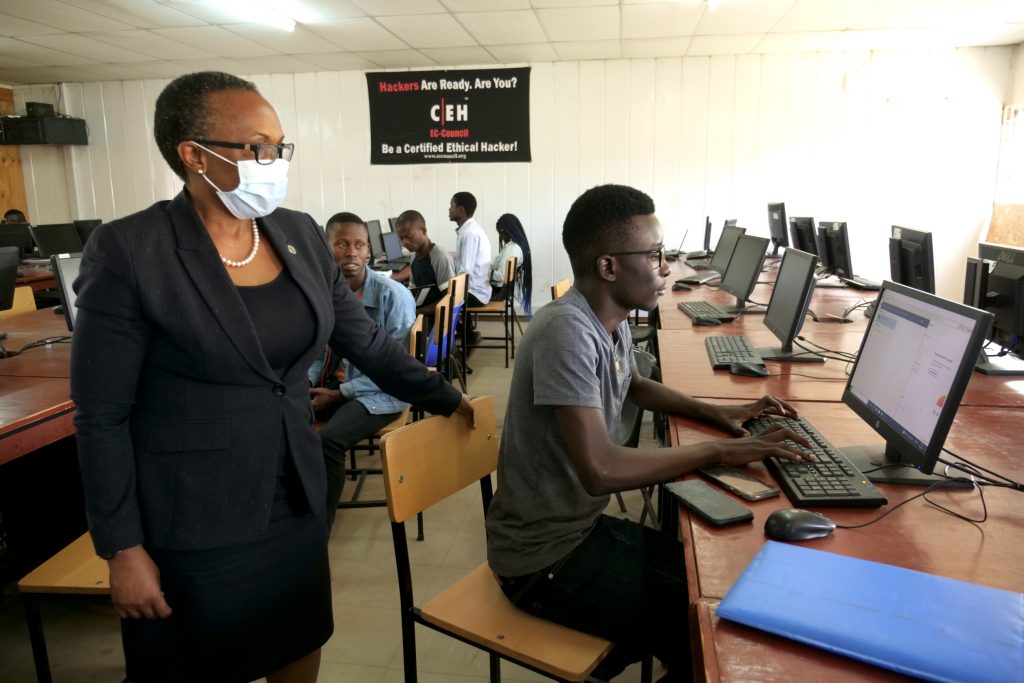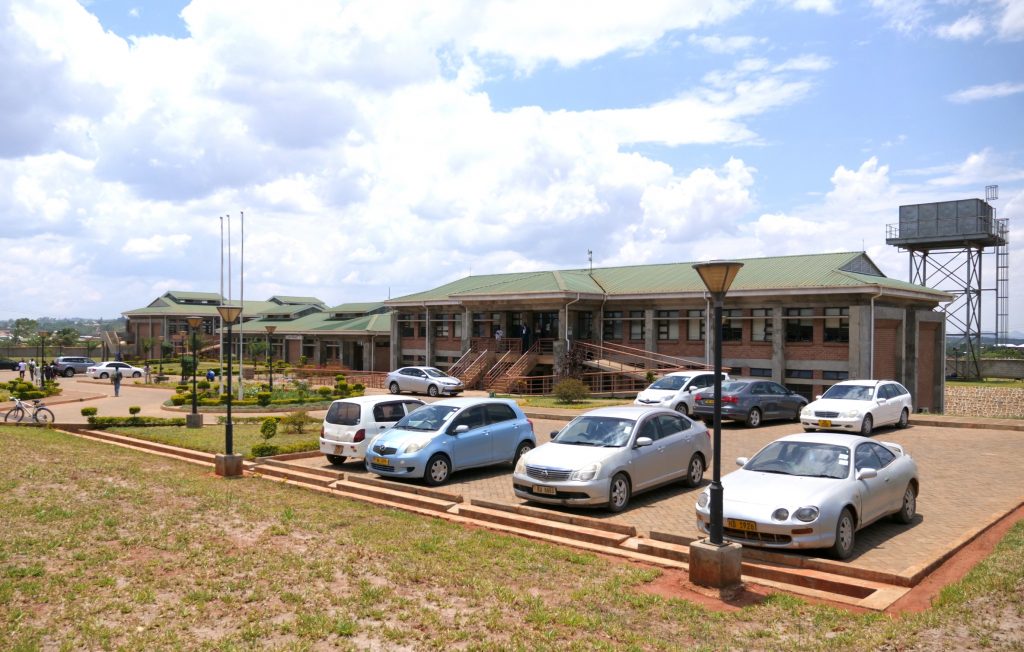AfDB projects hailed for reducing youth unemployment
Two African Development Bank (AfDB)-funded projects, Job for Youth and Support to Higher Education, Science and Technology (Hest) have been hailed for helping Malawi Government in fighting unemployment among the youth.
Through business incubation interventions and utilisation of the science and technical laboratories and information and communication technology (ICT) equipment in the universities and technical colleges across the country, the two projects have been imparting skills to the youth through incubation centres.

This was learnt when AfDB officials visited selected project sites in Mzuzu, Nkhotakota, and Phalombe last week.
During the tour, AfDB director for human capital, youth and skills development, Martha Phiri, expressed satisfaction over the high quality infrastructure development the bank has supported and the impact it is having in the country.
She said: “The projects have created jobs for local contractors who employ the youth as witnessed in Nkhotakoka and Phalombe. Additionally, ICT students in business incubation projects are creating jobs for themselves and others.”

Phiri observed that the Malawi 2063 agenda has prioritised skills development and job creation for youth which is consistent with the bank’s Jobs for Youth Strategy (2016-2025) which aims to create 25 million jobs for youth and support 50 million youth-owned enterprises across Africa.
She expressed hope that government would prioritise TVET and skills training and youth employment in the next country strategy paper for 2023-2027 to attract bank financing in the sector.
In an interview, Mzuzu University (Mzuni) director of research Professor Wales Singini hailed AfDB support, which he said is aligned with the new country’s development framework, the Malawi 2063.
He said some of the enablers in Malawi 2063 agenda is human capital development and economic infrastructure; hence, the projects are playing a key role.
Said Singini: “Implementing key interventions around skills development, creates jobs and helps in developing competitive economic activities that spur foreign investment for wealth creation.”
He said Mzuni had adequate soft skills which were incomplete without equipment for the students to practice what they learnt theoretically.
“The impacts are evident. AfDB is working out to solve practical needs of the education institutions in Malawi. We have the information and communication technology laboratory and open and distance learning facility, which have increased the intake of the students for higher education,” he said.
So far, about 2 889 [1 746 male and 1 143) incubates out of the targeted 2 304 incubates have been incubated and these have already started creating their own businesses and employing fellow youths across the country in the fields of agriculture, mining, ICT and manufacturing.
Speaking separately during the visits, Minister of Sports and Youth Development Ulemu Msungama, and Deputy Minister of Labour Vera Kantukule appealed to AfDB to invest more in development of training institutions for tutors for technical colleges.
“Malawi is the only country in Africa where we don’t have institutions for training tutors for technical colleges. Our Tutors are sent abroad for training, we want the bank to invest more in development of training institutions for tutors for technical colleges in Malawi,” said Kantukule.
Through the projects, access to higher education increased from an average of 250 students before the AfDB support to over 3500 students per year after the construction of the open day learning facilities at the university.





